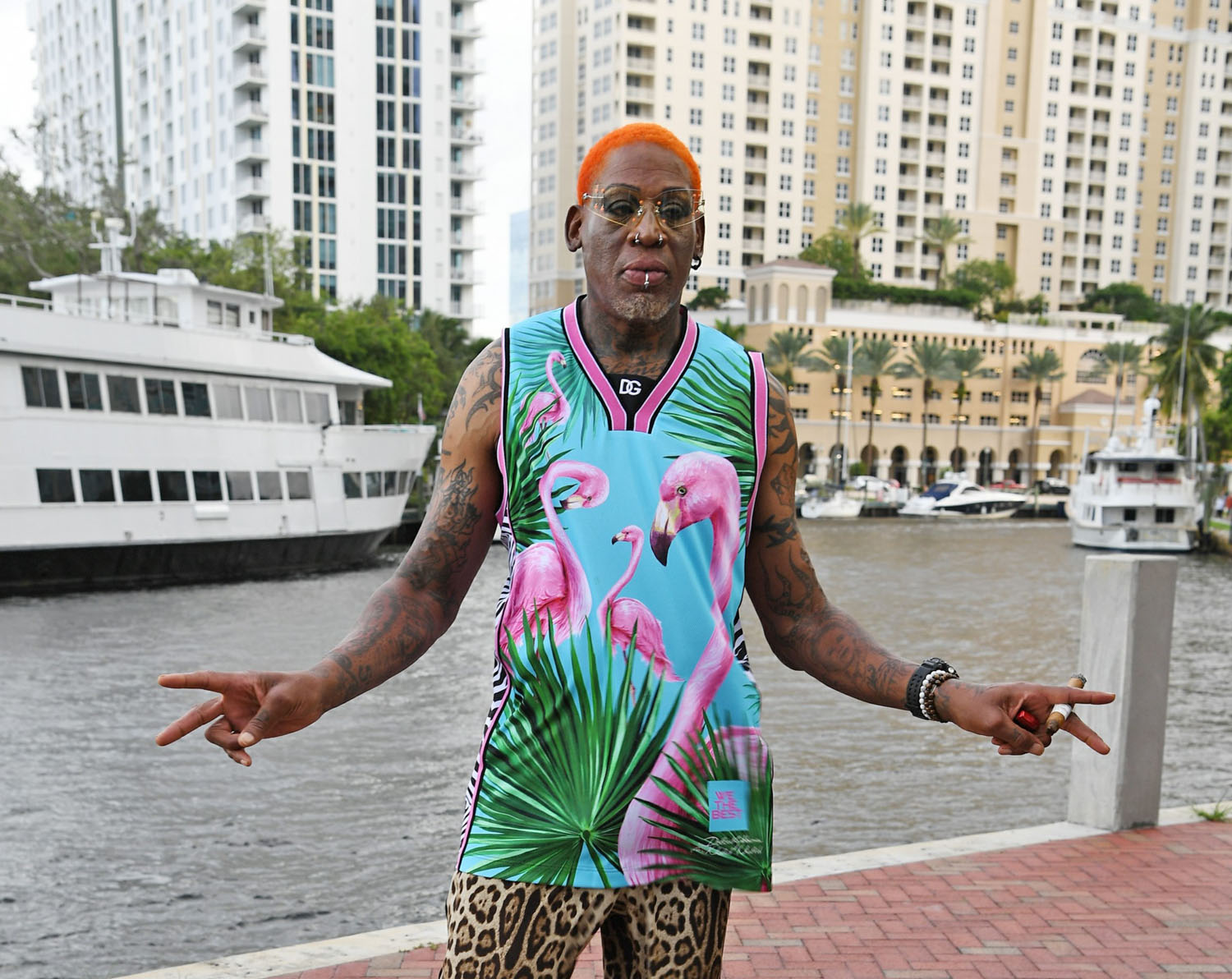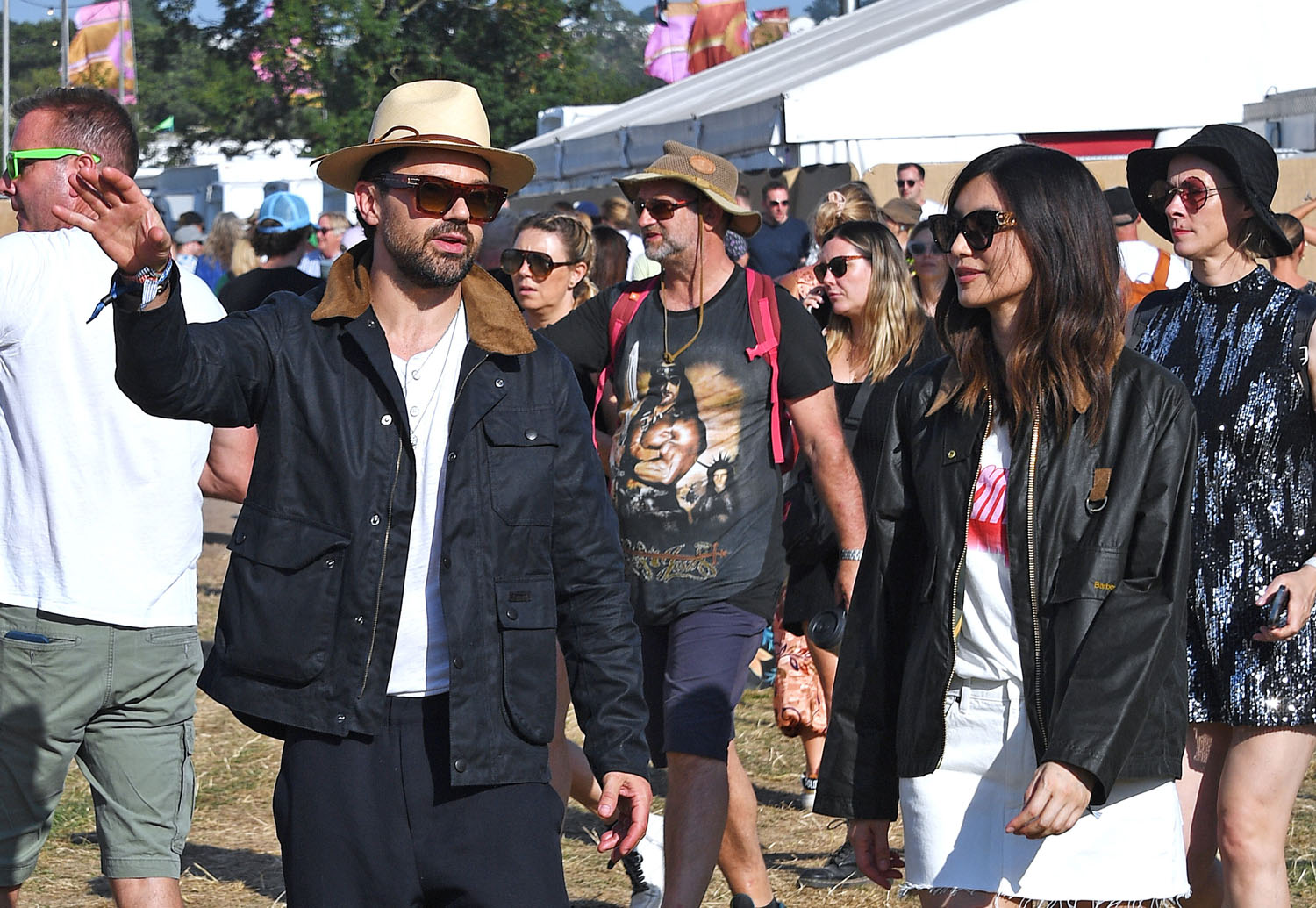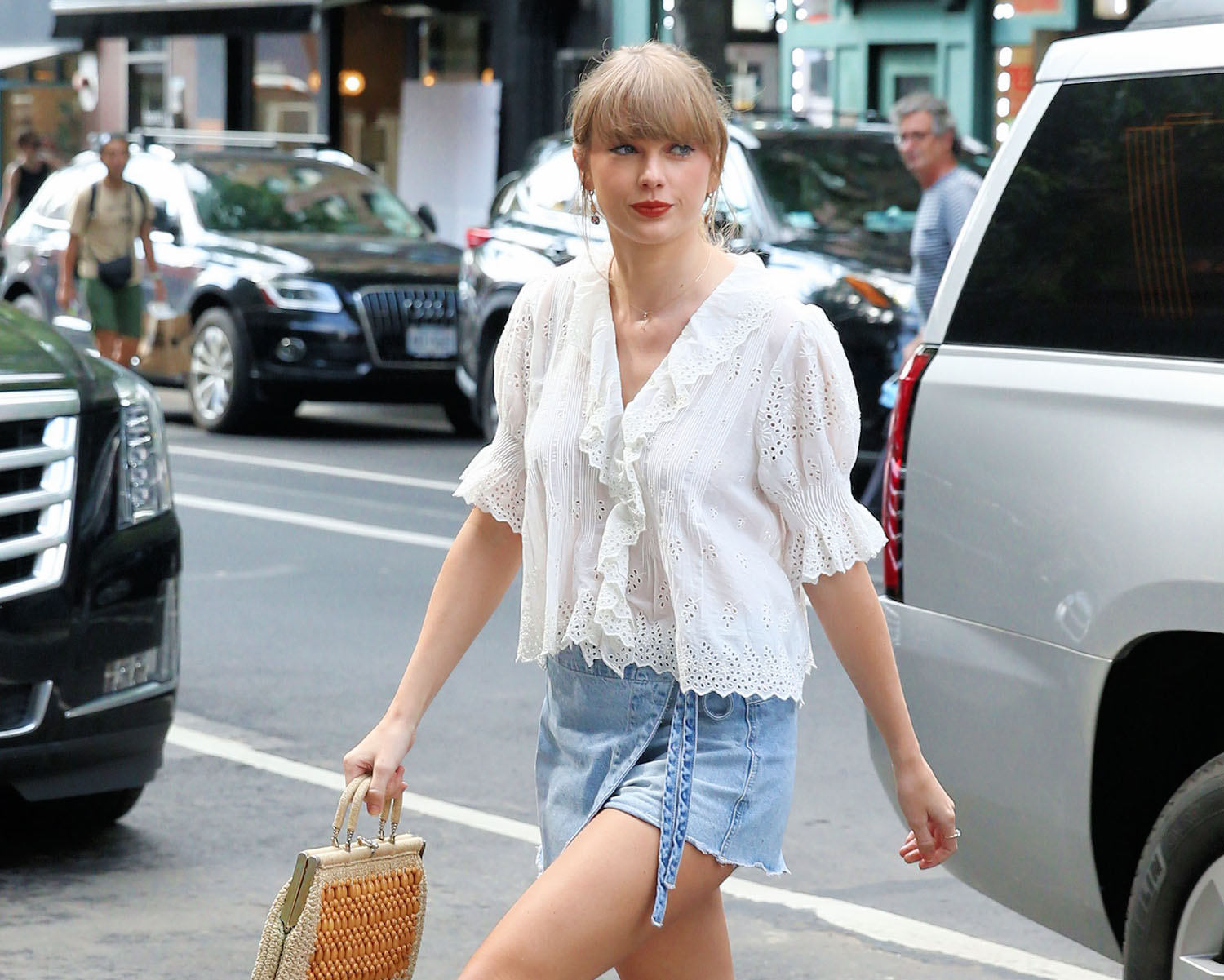Dennis Rodman #beenhim



This past weekend, NBA Hall of Famer Dennis Rodman celebrated Pride in Houston. He shared this Instagram post, which features him shaking hands with parade watchers while he donned a tartan skirt and a shirt with his own face on it from when he had rainbow hair.
But when bigots flooded the comment section to suggest his celebration of Pride was an abomination, he took them to task in his Instagram stories.
“Do your research guys,” he wrote atop a series of photos that depicted him dressed in some of his most iconic looks. He completed the sentence with the reminder and hashtag, #beenhim. There were a lot of commenters who came to his defense, pointing to the irony of following Dennis Rodman of all people, while being homophobic. But the reaction was predictable.
When Black men express support, allyship, and especially a belonging to the LGBTQ+ community, the response is especially full of vitriol. I wrote about this when Lil Nas X mocked the widespread homophobia in Jamaican culture with his birthday photoshoot. And though that was an example of a very clear lack of acceptance for his sexuality, there are so many other examples that are a lot more subtle.
Take Tevin Campbell, for example, whose coming out I wrote about here. He waited so long to come out. And while everyone has their own reasons for when they choose to come out, it’s easy to surmise that a lot of the reason behind the delay had to do with the fear of being accepted by the same community that had helped boost his career. It’s heartbreaking to think that for years, he was unable to proclaim his true identity, and instead remained silent over all of the speculation. But it happens all the time.
There’s also Mikel Simmons, who took the brave step of coming out to his dad on Southern Hospitality, which I wrote about here. Despite not ever saying the words ‘I’m gay’, both men left the conversation with a better understanding of each other.
There isn’t a full appreciation for the difficulty for Black men, specifically, to exist in an LGBTQ+ space. And the difficulty doesn’t come from not being accepted in those spaces, though we know racism is everywhere. It comes from not being accepted outside of those spaces once they make it clear that they’re in them. And that often means Black men are faced with the incredible and polarizing difficulty of having to choose which space they want to exist in more. The spaces that their families, friends and colleagues belong to, or the spaces in which they feel they can be themselves. Very rarely are those spaces one in the same.
A few years ago, Dennis spoke to Business Insider about LGTBQ+ athletes when more and more players started to come out. At the time, he guessed that between 10 and 20% of pro athletes were a part of the LGBTQ+ community and just hadn’t come out yet.
"I wouldn't be surprised, literally, I've said it all along, if 10% or 20% of people in the NBA, or any sports, are gay," he told the outlet. "I wouldn't be surprised. It wouldn't shock me at all. I think today, it wouldn't shock anyone. I think that'd be more acceptable now than anything."
Even outside of 2SLGBTQ+ issues, Dennis has always been open and accepting – and long before it was “cool”. He was one of the most supportive players after Magic Johnson revealed he was HIV-positive in 1991. The irony of Magic testing positive for HIV was that, despite suspicions about his sexuality (and rumours of him being gay or bisexual Magic alleged were spread by NBA star Isiah Thomas), Magic has always maintained that he contracted it from being with so many women.
"They asked all the players in the NBA, nobody wanted to play with him. They asked me, I said, I don't give a damn, I just wanna play. I don't give a damn if he got that," Dennis said.
Perhaps Dennis’s acceptance of Magic, and also Magic having to navigate through having his sexuality put on blast was part of the reason he was, in turn, able to express radical acceptance for his son, EJ, which I wrote about here. Acceptance begets more acceptance. This is the ripple effect of seeing an alternative narrative presented by people who look like you.
Dennis was right to instruct people to do their research. If they did, they’d see that it was 1995 when he did the Sports Illustrated cover in drag.
“They didn’t know the fact that when they shot that cover for the Sports Illustrated that that was the best-selling Sports Illustrated ever,” Dennis said. “And then the gay community started to reach out to me and said, ‘Wow, we never knew that our community can be represented like that in sports.’ And people didn’t know at the time that I was doing that.”
He went on to say that he was going to drag bars, dressing in drag, and posing in lingerie and as a result, became embraced by the queer community. And it makes sense that he stayed there, in that community, and shows up to Pride celebrations all these years later. Why? Because they accepted him in turn, while he gets flack from his own community for dressing how he wants to - as a grown ass man.
There aren’t a ton of men Dennis’s age who are so open-minded and accepting. Let alone Black men his age who would show up to Pride celebrations in a skirt, a shirt with their own face with rainbow hair. But what better time than Pride?
Following along with all of the Pride celebrations on my own social feeds this past weekend, I kept seeing “Pride is the absence of shame.” And Dennis has never been one to be ashamed. So why start now? Because as he kindly reminded us all, he’s #beenhim.

